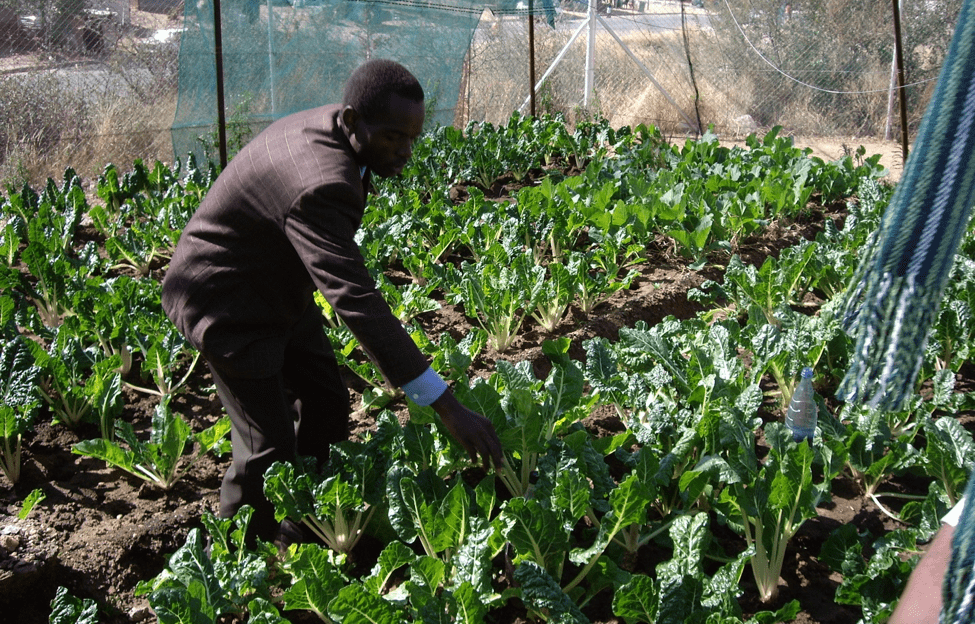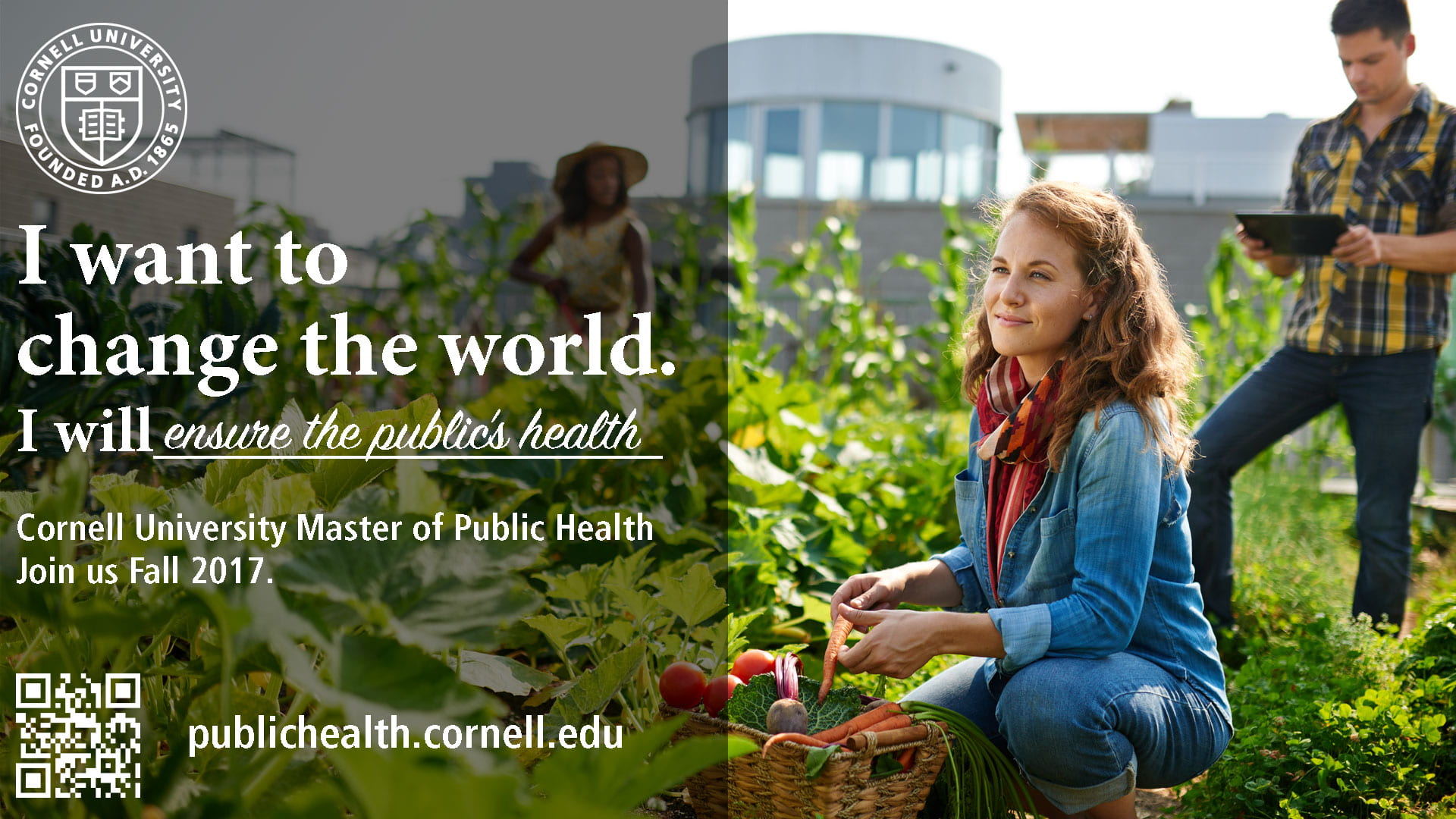High Quality Food and Oversight for Food Safety and Security
The ability to routinely access enough nutritious and safe food and water affects people and communities worldwide. Whether looking at Upstate New York, the U.S., East Africa, or Asia, food security is a pervasive issue that requires attention—from a food systems perspective—to coordinate policy, programs, or interventions that ensure safe and sustainable land use, food production, food storage and processing, food delivery, and consumption.
The U.S. Centers for Disease Control and Prevention (CDC) believes that about 17% of Americans get sick from foodborne diseases each year. Faculty across Cornell University are working to understand and address food safety and food security in order to improve health outcomes. For example:
- Dr. Renata Ivanek, associate professor of epidemiology, specializes in the epidemiology and public health impact of infectious and foodborne disease. One approach that Ivanek uses is ‘landscape epidemiology,’ which helps define how variables like land cover, soil type, or aquatic features affect the transmission of pathogens.
- Dr. Craig Altier, professor and chair of the Department of Population Medicine and Diagnostic Sciences, is leading a different approach to improve the safety of the food we eat. Building on methods that reduceSalmonella virulence in tomatoes, Altier is now investigating ways to disable Salmonella bacteria in livestock animals.
- Dr. Martin Wiedmann, Cornell’s Gellert Family Professor in Food Safety and expert in Salmonella and dairy quality, has launched the 6th CDC Integrated Food Safety Center of Excellence. The Center, run in partnership with the New York State Department of Health, is helping local, state and federal health officials to respond to and prevent foodborne disease outbreaks.

The some of the most commons pathogens are Norovirus, Salmonella, Clostridium perfringens, Campylobacter and Escherichia coli and are often linked to undercooked foods, poor handwashing practices or inadequate food handling practices. How much do you know about these pathogens?
- Norovirus is a very contagious virus that can be passed between people, or via contaminated food, water, surfaces, including a fruit or vegetable’s surface. Norovirus often causes symptoms (vomiting, diarrhea) and outbreaks in areas where many people are confined for a period of time (cruise ship, camp) or at restaurants where people are touching food. The best way to prevent Norovirus spread is through hand washing and safe food handling practices.
- Salmonella are bacteria that live in the intestines of humans and animals and cause abdominal cramps and diarrhea. These bacteria can contaminate soil, water and food: often beef, poultry, milk, fish, eggs, but also fruit, vegetables and processed food. As Salmonella is transmitted by small amounts of animal feces, it can also be transmitted when humans touch infected animals. Hand washing, proper cooking and safe food handling help prevent Salmonella
- C. perfringens are bacteria that are found in the environment, as well as in human and animal intestines (including their waste). This bacterium can live and grow rapidly on food that is not heated above 140°F. Food that is being saved to serve later is especially susceptible. Once infected, symptoms in humans include abdominal cramps and diarrhea.
- Campylobacter is a bacterium that is prevalent in animals, such as cattle and poultry, and can be passed into our food chain via contaminated water or animal products. These bacteria cause diarrhea, abdominal pain and fever, and is best prevented by washing hands, washing produce, and eating pasteurized and well-cooked animal-source foods.
- E coli are bacteria found in the environment, foods, and intestines of people and animals. Not all strains of E.coli are harmful to humans, but those that produce a Shiga toxin are. These strains can be passed via human or animal feces, including via consumption of unpasteurized or undercooked food, contaminated water droplets or dirty hands.
Cornell University as a whole exemplifies cutting-edge research and innovation in public health. We work across animal, human, and environmental disciplines and are committed to sustainability and community engagement for impact. We seek to change the world. Won’t you join us?
Apply now to Cornell University’s Master of Public Health Program to begin your studies in the Fall of 2017.

